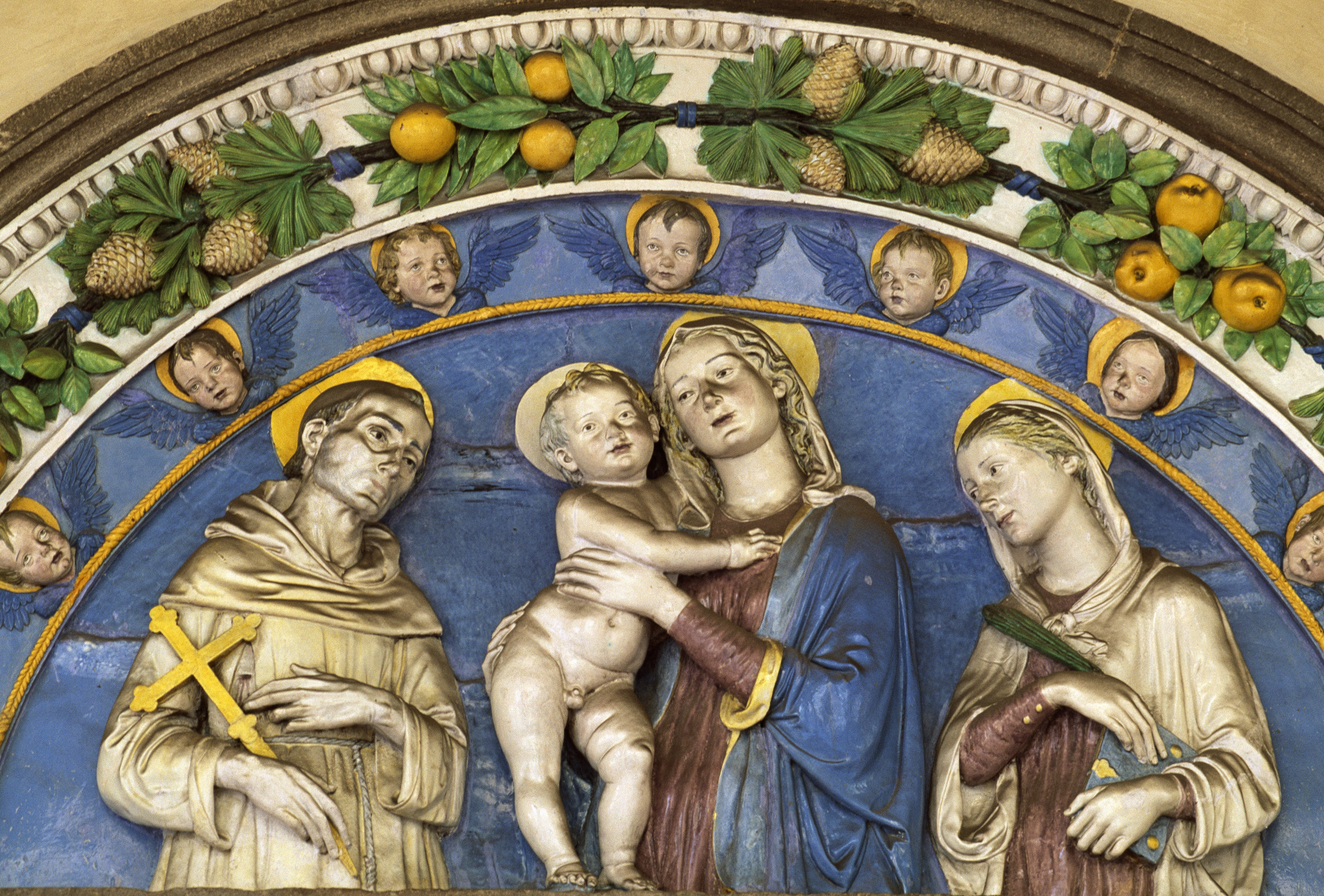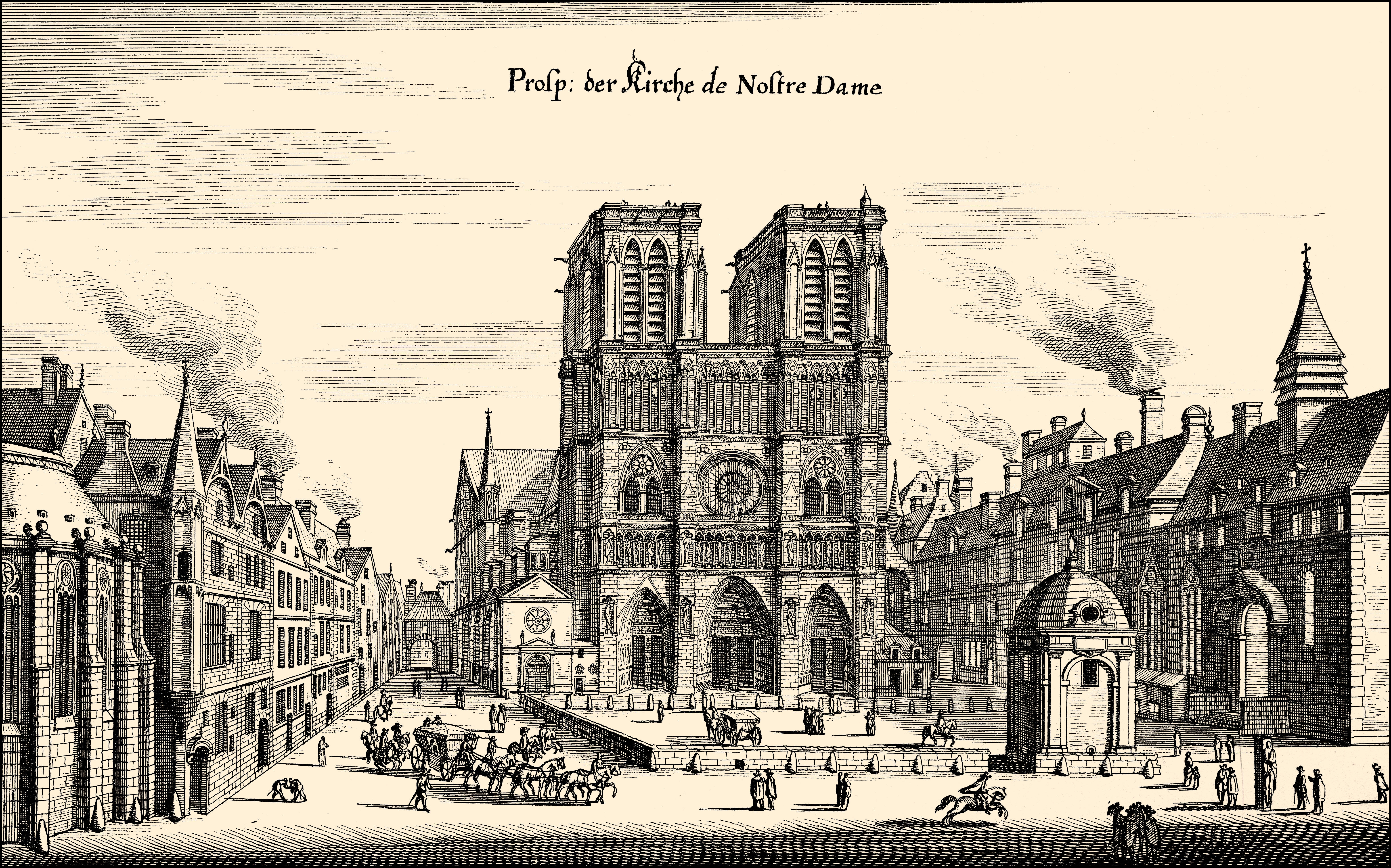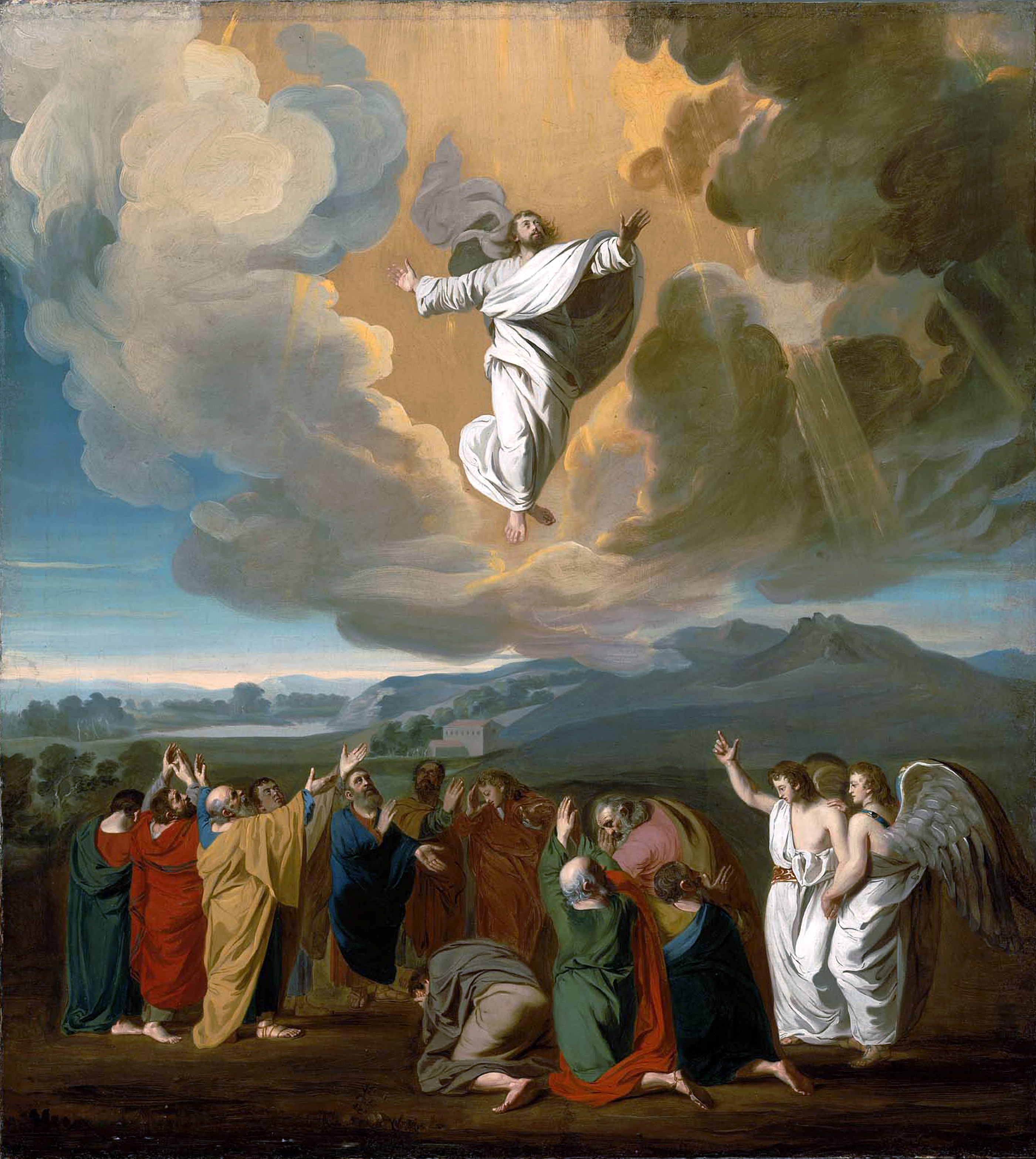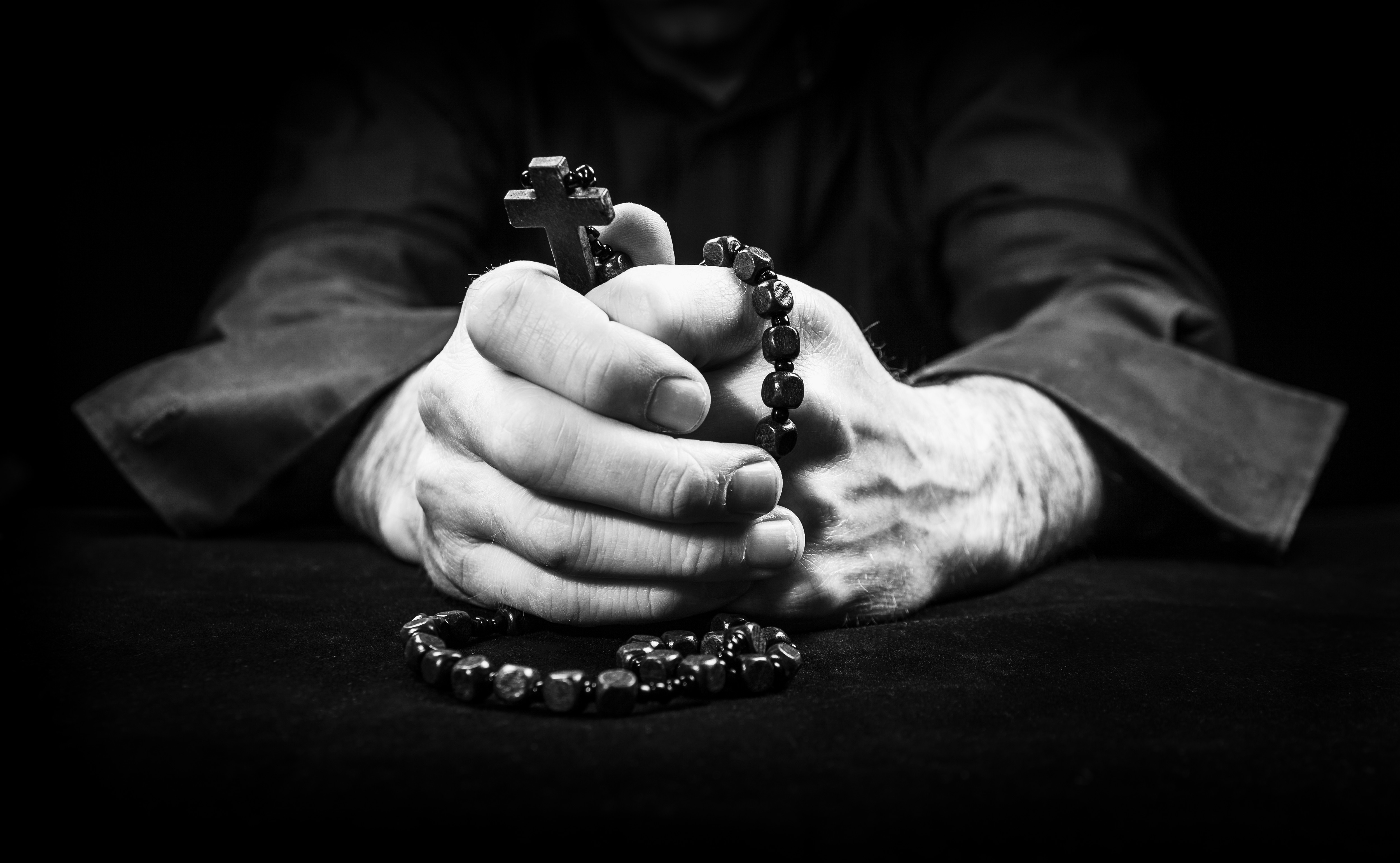5 ways to understand Christmas on a deeper level
From the metaphysical to the personal...


A free daily email with the biggest news stories of the day – and the best features from TheWeek.com
You are now subscribed
Your newsletter sign-up was successful
What's Christmas about? I know, consumerism! Wait, no, I know, it's about family! Ok, closer. Christmas is about many things. The story is so multifaceted that it's helpful to look at some meanings of Christmas we might not pay attention to — meanings that can change people's lives. Here are five:
1. Biblical
The Christmas story takes place within a larger story, the Bible, which is a story about, well, everything — literally, the history of the cosmos and the God who created it. The master narrative of the Bible is about God creating a universe for the benefit of his creatures to experience the delights of communion, the ensuing catastrophe that damages this creation, and then God's decision to rescue and redeem His creation.
The Week
Escape your echo chamber. Get the facts behind the news, plus analysis from multiple perspectives.

Sign up for The Week's Free Newsletters
From our morning news briefing to a weekly Good News Newsletter, get the best of The Week delivered directly to your inbox.
From our morning news briefing to a weekly Good News Newsletter, get the best of The Week delivered directly to your inbox.
How does God do it? Through a covenant. In the ancient world a covenant was the strongest form of alliance. Contracts are rules for the exchange of goods and services, but covenants are the agreements for the exchange of people and their behavior— a covenant creates a family bond. And the most important covenant in the Bible when Jesus was born was God's covenant with Abraham, through which God created a people, taught them His rules, and through them, redeemed the rest of creation. This is the story of Israel. And much of the Bible is taken up by the same theme: Israel is constantly disobeying God, leading it into all sorts of trouble, but God never wavers from His end of the covenant.
The story of Christmas is about God fulfilling his own end of the bargain and sending the Messiah through whom the covenant is realized. Christmas can't be understood without understanding this rich, Biblical backdrop, of the story of the Universe and of Israel.
2. Political
Christmas is the birth of the king. Luke's Gospel, from which we get most of the Christmas narrative, is clear about this — the author emphasizes connections between the baby Jesus and the rulers of the age. The story starts with Augustus Caesar and his census of "all the inhabited earth." And yet an angel appears to shepherds to give them the news of the birth of Jesus, "in the City of David," the historic king of Israel, "the Messiah, the Lord." And with this, "suddenly there was with the angel a multitude of the heavenly army." This is Luke saying to the Roman emperor, Crocodile Dundee-style: "That's not an army. That's an army."
A free daily email with the biggest news stories of the day – and the best features from TheWeek.com
The political meaning of Christmas is that every ruler and every authority answers to God — the little child wrapped in swaddling clothes in a manger, the God of humility and mercy, who is the God of the downtrodden.
3. Social
The new king wasn't born in a palace, his birth wasn't hailed by heralds fanning out to every corner of the empire. Instead, his family were refugees: They couldn't find room at the inn; Mary gave birth in a stable; and the child had to rest in a manger. The message of Christmas is, inescapably, a message about the poor, about the little ones, about those who are pushed to the margins of society. They are the ones God chooses, the ones He looks to first.
4. Metaphysical
For Christians, Jesus isn't simply an important figure and a spiritual leader or teacher. He is the Son of God — he is God made man. Along with the Cross, Christmas brings home to us the sheer uncanniness of this relationship. As G.K. Chesterton put it, "the hands that had made the sun and stars were too small to reach the huge heads of the cattle."
The Incarnation, as this doctrine is known, changed the meaning of God and the universe. God is a God of love, a love that is expressed by His becoming one of us, and sharing our experience. God saves us, not just though a legalistic transaction whereby our sins are forgiven, but by joining his nature to ours. As a hallowed phrase in the Christian tradition has it, "the Son of God became man so that we might become God." The vocation of the Universe is for God to be "all in all." Christmas' cosmic meaning reveals to us the nature of the Universe.
5. Personal
If we really let this story reach down into us, it will change us at a deep, personal level. The "sign" that the angel gives to the shepherds is that they will find a baby in a manger — a reference to the Eucharist, where God gives himself to us as food. This is the depth of God's love and humility: He wants to be joined to us at the deepest level, to be united to us, even becoming food to do so.
When we let all those strands of meaning converge in us — Biblical, political, social, metaphysical — we have a glimpse that life is about love, a love that "bears all things, believes all things, hopes all things, endures all things," a love that gives itself completely.
Pascal-Emmanuel Gobry is a writer and fellow at the Ethics and Public Policy Center. His writing has appeared at Forbes, The Atlantic, First Things, Commentary Magazine, The Daily Beast, The Federalist, Quartz, and other places. He lives in Paris with his beloved wife and daughter.
-
 Why are election experts taking Trump’s midterm threats seriously?
Why are election experts taking Trump’s midterm threats seriously?IN THE SPOTLIGHT As the president muses about polling place deployments and a centralized electoral system aimed at one-party control, lawmakers are taking this administration at its word
-
 ‘Restaurateurs have become millionaires’
‘Restaurateurs have become millionaires’Instant Opinion Opinion, comment and editorials of the day
-
 Earth is rapidly approaching a ‘hothouse’ trajectory of warming
Earth is rapidly approaching a ‘hothouse’ trajectory of warmingThe explainer It may become impossible to fix
-
 Notre Dame is a magnificent monument to a misunderstood age
Notre Dame is a magnificent monument to a misunderstood ageThe Explainer Every now and then, the stars align to create a virtuous cycle of creative brilliance, which illuminates civilization for centuries afterwards. The great cathedral arose in such an hour.
-
 4 competing theories on the theological meaning of Easter
4 competing theories on the theological meaning of EasterThe Explainer Christus Victor, satisfaction theory, moral exemplar, and penal substitution
-
Remember that you will die
The Explainer It's time for us to revive memento mori, the practice of remembering death
-
 Being Muslim in America
Being Muslim in AmericaThe Explainer Islam in the U.S. has a long, rich history, but fears of terrorism complicate the future. Here's everything you need to know.
-
 The twisted logic of evangelical colleges welcoming straight atheists and rejecting gay Christians
The twisted logic of evangelical colleges welcoming straight atheists and rejecting gay ChristiansThe Explainer At many evangelical colleges, you're better off godless than gay
-
 Terrence Malick's profoundly Christian vision
Terrence Malick's profoundly Christian visionThe Explainer The director's breathtaking new film, Knight of Cups, offers a movingly Christian outlook on life
-
 A pedophilia scandal is engulfing the oldest Catholic institution in France
A pedophilia scandal is engulfing the oldest Catholic institution in FranceThe Explainer Here's what you need to know
-
 Is America's obesity epidemic actually a spiritual crisis?
Is America's obesity epidemic actually a spiritual crisis?The Explainer There are many reasons why Americans love to eat too much. Some may be rooted in our deepest existential anxieties.
